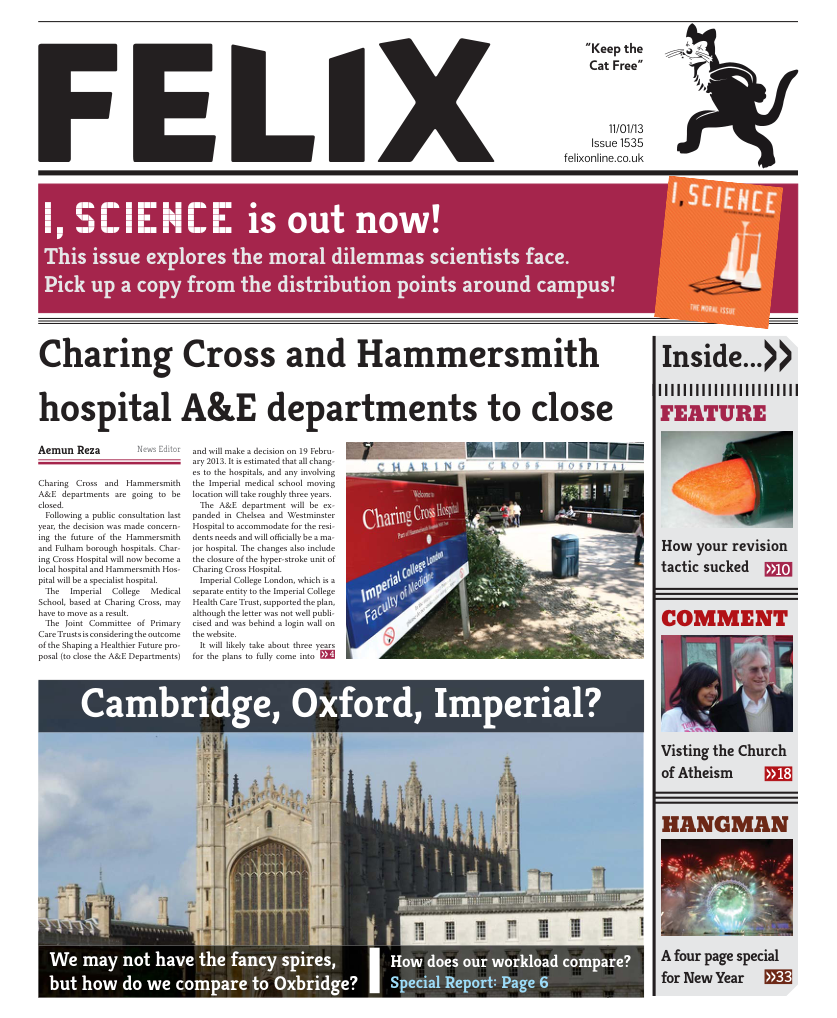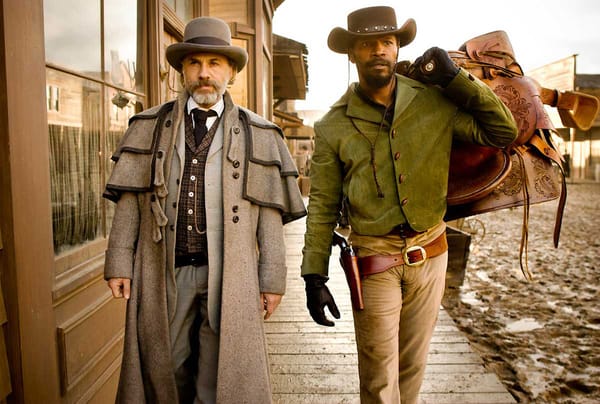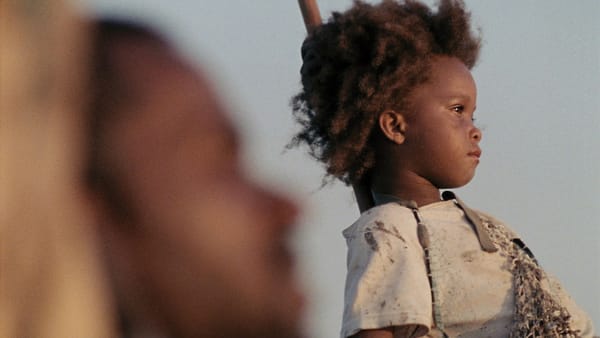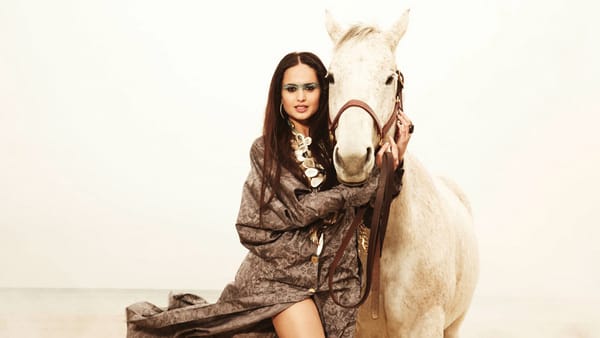The best films from the 1970s
John Park runs down the best of the 70s
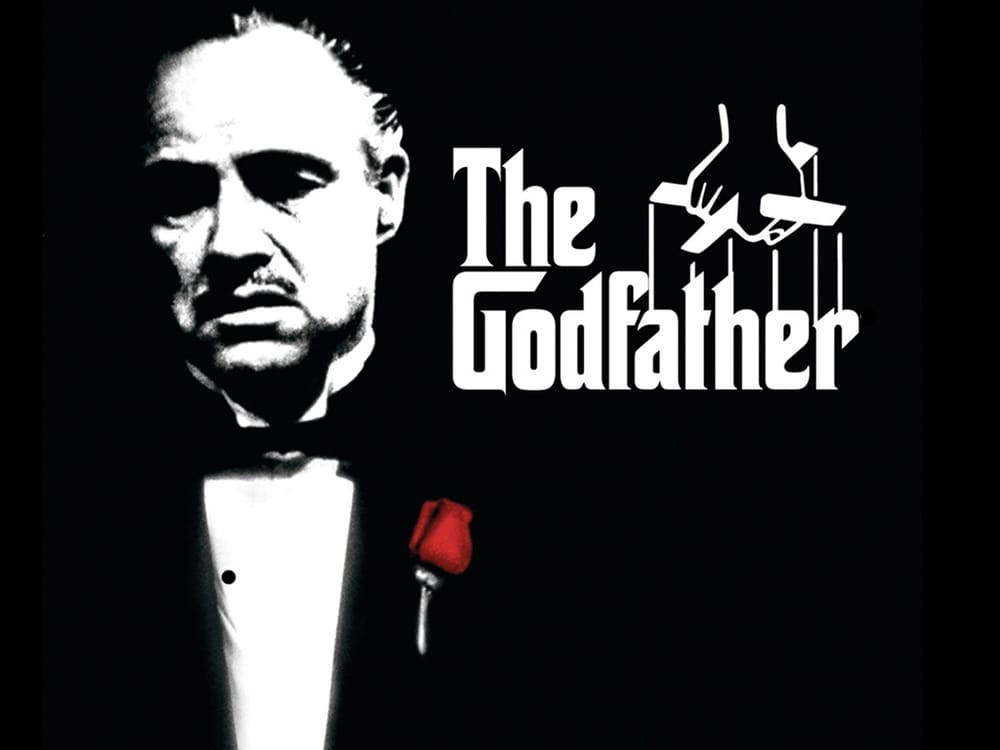
Recently, the British Film Institute (BFI) released the results of their celebrated poll, “THE GREATEST FILMS OF ALL TIME”, in which they surveyed film critics and directors to list their ten favourite films. Now the Felix Film team, as much as we’d love to, doesn’t have that kind of time or resources. And so we decided to split the films up according to the decades in which they were released. So every week, we will present you with our top films of each decade.
- Dog Day Afternoon (1975)
Sidney Lumet’s seemingly small but perfectly formed bank-heist-gone-wrong drama is unpredictable, complex, and oddly touching, featuring Al Pacino at his usual best intensity, leading the sweaty, claustrophobic robbery,with John Cazale pitching in for an excellent supporting turn in his far too brief career. What should have been a quick and easy job develops into a deadly hostage crisis, eventually leading up to an insane media frenzy that can be swayed in the most alarming ways. “Attica! Attica! Attica!” is the film’s fiery highlight.
- The Sting (1973)
It’s the ultimate stylish feel-good movie in which the good guys get everything they deserve through a clever set of tricks. Having a duo as likable and good-looking as Paul Newman and Robert Redford, paired up here again for the second time after Butch Cassidy and the Sundance Kid, helps immensely when selling a story this sugar-coated and cheerful, and its catchy soundtrack also does wonders to uplift the jolly mood. The twists and turns are smart, and the end result tremendously rewarding. Best Picture winner? Absolutely..
- The Exorcist (1973)
An unflinching, brutally shocking film that had audience members fainting worldwide, its widespread ban goes to show just how much of a scandal this caused. Linda Blair (voiced by Mercedes McCambridge during her demonic possession) is even to this day the scariest in a long line of demented psychotic children in cinema, the blink-and-you’ll-miss flashes of the demon’s face is a terrifying series of tricks, and Ellen Burstyn’s performance is one born out of sheer terror. Plus who can forget that horrendously effective music? Approach with caution.
- Apocalypse Now (1979)
The “making-of” story is as famous as the film itself, and this lengthy epic of a war story successfully recreates all the horrors one would expect to see. Also present is Marlon Brando’s cameo appearance to wrap up one of the most unforgettable war movies ever made. The Redux version? There’s an hour of extra footage; some say it slows down the pace, others say it further enriches the masterpiece – you’ll have to be the one to decide. But one thing’s for certain; this is a film to watch many times over.
- Network (1976)
“I’m as mad as hell and I’m not going to take this anymore!” is a line of dialogue that will ring true to many, as television news anchor Howard Beale’s (Peter Finch) public meltdown is captured on live television. As a ruthless, cutthroat dramatic satire of network broadcasting, here is a sharply realised, darkly comic film, and Faye Dunaway’s energetic, no-nonsense, manipulative, success-driven bitch is a real treat. However, this lost out to Rocky in the 1977 Oscar Best Picture race. We’re as mad as hell about that.
- Taxi Driver (1976)
About a socially deranged man who can’t sleep, and has far too much time on his hands to ponder in his dark thoughts, Robert de Niro’s Travis Bickle is a ticking time bomb from the moment you set eyes on him. Enter an American Presidential hopeful, guns, lots of guns, and a 12-year-old prostitute (the excellent Jodie Foster in her child actress days), then you have a recipe that sets up for a bloody finish; which is does, and in the graphically shocking yet classy and rather affectionate way.
- One Flew over the Cuckoo’s Nest (1975)
Oppression, struggle for freedom, revolution, a full-on war all feature in Milos Forman‘s remarkable down-to-earth, human drama set in an insane asylum. The cheeky yet intelligent and inspirational Jack Nicholson faces off with the abusive (both physically and psychologically) Louise Fletcher, who both justly won their acting Oscars for their exceptional performances. The film’s power fails to waver even to this day, well over thirty years after its release, and it’s the second of three films to sweep the Big Five at the Oscars.
- The Deer Hunter (1978)
Its butt-numbing running-time, as well as its blatantly skewed, one-sided look at the Vietnam War have gathered up a fair share of detractors, but there is no denying that Michael Cimino’s effort in the portrayal ofthree young individuals and their harsh experiences in the war is anything but ambitious. The young cast, who have since become cinema’s legends, range from Robert de Niro, Christopher Walken and Meryl Streep on their absolute best form, and its pitch perfect poignant ending, stirringly beautiful.
- Chinatown (1974)
It may start off innocently enough, but as more characters are introduced, the disturbing, corrupt conspiracy surrounding the control of California’s water and power systems are slowly unveiled, as determined detectiveJ. J. Gittes (Jack Nicholson) uncovers a string of malicious leads that endangers his life (not to mention, getting his nose sliced with a brilliant cameo from the film’s director, Roman Polanski). In the middle of this murky pool is Faye Dunaway’s Evelyn Mulwray, a woman with plenty of secrets of her own.
- The Godfather (1972), The Godfather Part II (1974)
It makes sense to put “The Greatest Film Ever Made” and its follow-up “The Greatest Sequel Ever Made” side by side, so we can free up a spot to squeeze another film into the list, as these two epics belong together to stand asone sweeping, unique cinematic experience. Never has there been a more engrossing gangster film, where the stakes have been this high, the characters this intense, and its many, many strands, so skilfully interwoven. It’s six hours of pure cinematic genius.

